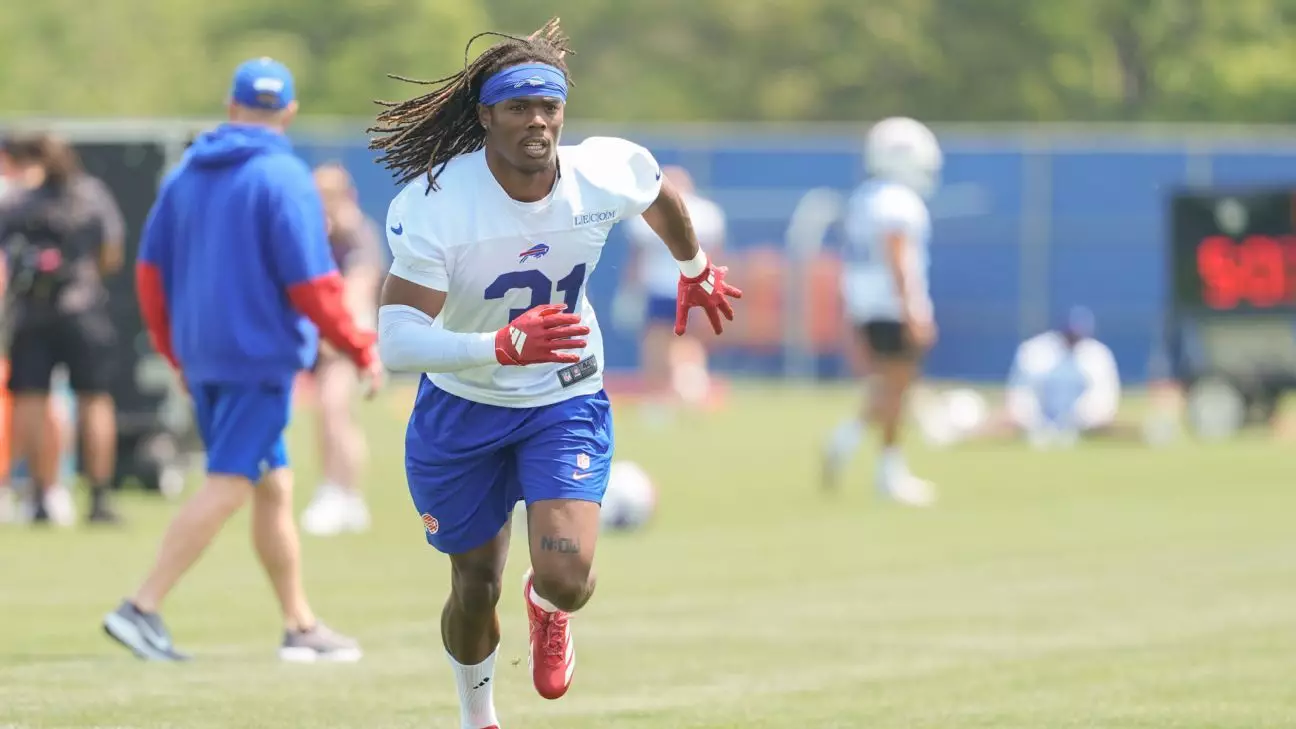Public perception often hinges on incomplete or biased narratives, especially when allegations involve athletes and notorious institutions. In this case, the accusation lodged against Maxwell Hairston, a promising NFL rookie, invites a cautious yet critical examination. The media’s role in shaping opinions can sometimes overshadow the complex realities of legal processes. It’s vital to recognize that accusations alone do not establish guilt, and premature judgments risk ruining lives based on unverified claims. While Hendryx’s report and subsequent actions suggest her seriousness, the absence of formal charges or criminal proceedings leaves a cloud of ambiguity. The public should understand that due process must take precedence, and jumping to conclusions based on limited information can perpetuate injustices.
The Nuances of Credibility and Evidence
Legal systems operate on tangible evidence and verified testimonies, not solely on accusations. The lawsuit states that Hendryx reported the incident immediately and underwent a SANE exam, actions indicating her assertion of the trauma’s severity. Yet, the lack of official police reports or charges raises questions. Law enforcement agencies’ responses—or lack thereof—may reflect procedural gaps or difficulties in substantively verifying the claim. Moreover, her decision to transfer from the university could be interpreted in numerous ways: as a response to trauma, a desire to escape a difficult situation, or other personal reasons. We must be cautious in attributing personal motives or assuming guilt without more concrete evidence. The line between protecting a victim and presuming guilt can sometimes blur, especially in the court of public opinion.
The Risk of Reputation Damage in the Court of Public Opinion
For Hairston, the stakes are high, even in the absence of formal charges. The NFL and its teams often react swiftly to allegations, wielding reputation management over due process. The Bills’ statement reflects a standard corporate posture—investigate thoroughly and remain cautious—yet it can inadvertently influence public perception to lean towards suspicion, regardless of innocence. Athletes, especially those from marginalized backgrounds, often face intensified scrutiny when allegations emerge, regardless of outcome. Hairston’s career and reputation may be permanently altered by this controversy, underscoring the importance of measured responses from organizations and the media. Justice must be balanced with fairness, ensuring that individuals are not unjustly blacklisted or vilified before facts are fully established.
The Ethical Responsibility of Media and Society
As spectators and consumers of news, we carry the moral obligation to scrutinize the information presented critically. Sensationalism and clickbait tend to prioritize emotional reactions over nuanced understanding. This case exemplifies the need to respect victim confidentiality and due process while being wary of echo chambers fueled by outrage. Society benefits most when allegations are approached with compassion for victims and fairness for the accused—an intricate balance of empathy and skepticism. The ongoing legal process, or lack thereof, should be our guiding framework, not immediate conjectures rooted in incomplete stories. Genuine social progress demands that we listen responsibly, reject assumptions, and uphold the principles of justice above all.
By analyzing this case with an analytical eye, it becomes clear that navigating the intersection of legal rights, media influence, and societal perceptions is an ongoing challenge. In the pursuit of truth, patience and integrity are paramount.

